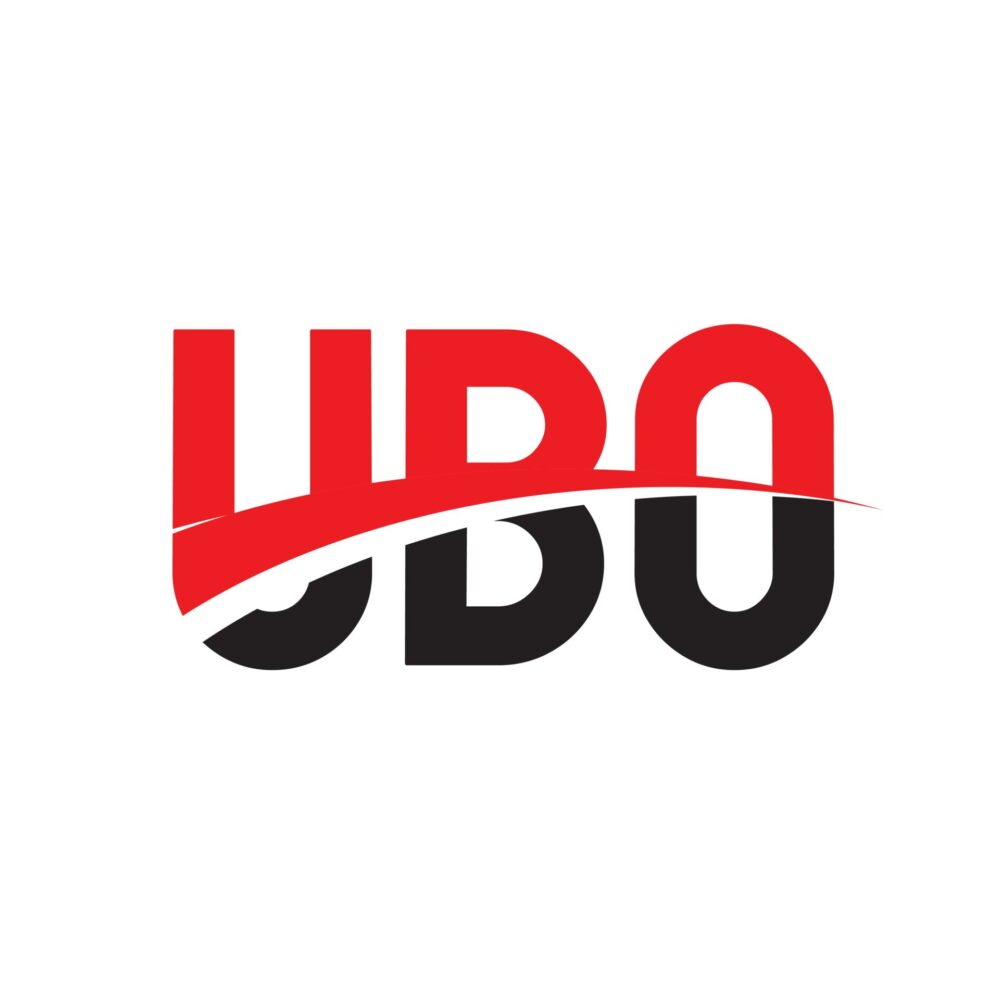
It is not acceptable that random members of the public can request (financial) information about a UBO. This has been ruled by the European Court of Justice. The Netherlands UBO register has therefore been temporarily closed to the public. What does this ruling mean and what are its implications for the UBO register?
Anti-Money Laundering and Terrorist Financing Directive
The UBO register and the obligation to register is based on the European fourth and fifth anti-money laundering directives. This directive aims to combat financial-economic crime. This could include corruption, money laundering, tax evasion, fraud and terrorist financing.
Companies have to register their ultimate beneficial owners in this UBO register. Some of the information (name, month and year of birth, nationality, state of residence, nature and extent of economic interest in the company) was, until recently, accessible to everyone. Anyone could request an extract from the UBO register for a small fee.
European Court ruling on the public nature of the UBO register
In its ruling of 22 November 2022, the European Court of Justice (ECJ) invalidated part of the European rules on the UBO register. According to the Court, public access to information on a UBO constitutes a serious interference with the fundamental rights to respect for private life and protection of personal data. It is not acceptable that random members of the public can obtain (financial) information about a UBO without having an interest related to the purpose of the directive. That is, prevention of money laundering and terrorist financing. UBOs are also particularly at risk because once provided, the data from the UBO register can be freely stored and distributed. The provision in the anti-money laundering directive that information on a UBO must be accessible to every member of the public in all cases is invalid, the Court ruled.
Consequences for the Netherlands UBO register
In the Netherlands, at the request of the Minister of Finance, the Chamber of Commerce has temporarily closed the UBO register to the public. This means that temporarily no information from the UBO register can be requested. The Court’s ruling has no impact on the obligation to register ultimate beneficial owners in the UBO register. UBO’s must register, if they have not already done so.







